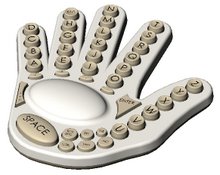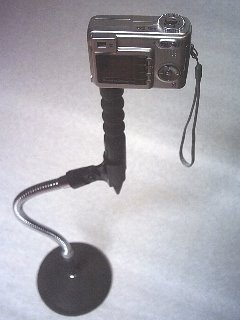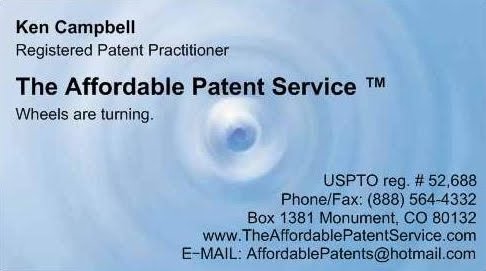Every once in a while, I get asked about what the real difference is between U.S. Patent Agents and U.S. Patent Attorneys. There are several key differences. But, only one difference relates to patents. And, that difference is exactly this: U.S. Patent Attorneys may represent clients in court litigation against infringement, while U.S. Patent Agents do not. Otherwise, with respect to patents, there are no other differences. Agents and attorneys are actually both considered patent practitioners. (This is a more appropriate term in most cases, because registered agents and registered attorneys are both members of the United States Patent Bar, nonetheless.)
In the past, however, I have observed several misconceptions that some people entertain about the difference between the two. I’d like to take a few moments to help clarify them.
The average fees that agents and attorneys charge has nothing to do with a difference in their abilities, necessarily. Private patent attorneys often charge higher fees because they usually have to repay large student loans for law school. And, although there can be a number of factors that influence the rates one charges for particular patent services (such as experience, overhead, philosophy, etc.), none of them relate to any distinction between the titles of Agent and Attorney. They both have to possess a technical background, and they both have to pass the same Patent Bar Exam.
Agents and Attorneys are ethically bound to serve their clients to the best of their abilities. Since patent agents can also perform patent searches, provide legal opinions and advice, prosecute patent applications to allowance, and license issued patents for manufacture and sale, they have every incentive to acquire solid patent protection for their clients. They also have every incentive to remain well-versed in patent law, because case histories and legal precedents are often primary concerns to any practitioner during the preparation and subsequent prosecution (examination) of a patent application.
Patent Agents are often experts in their technical field, as well. Their goal normally has never been to become attorneys, for specific reasons. And, it is in their best interest to avoid litigation for their clients, at all costs. This is because their livelihood is often supported by returning clients, not litigation. And, because intellectual property law is not an exact science, let’s just say that one of the things U.S. Patent Agents enjoy is that they do not suffer from any potential conflict of interest.
Lastly, when people in the United States talk about patent attorneys, they usually mean patent practitioners. The term “patent attorney” is most often mis-used to refer to all persons qualified to do patent work. In fact, with respect to obtaining and licensing a patent, there is no difference between a patent attorney and a patent agent.
Friday, March 30, 2007
Subscribe to:
Post Comments (Atom)








No comments:
Post a Comment